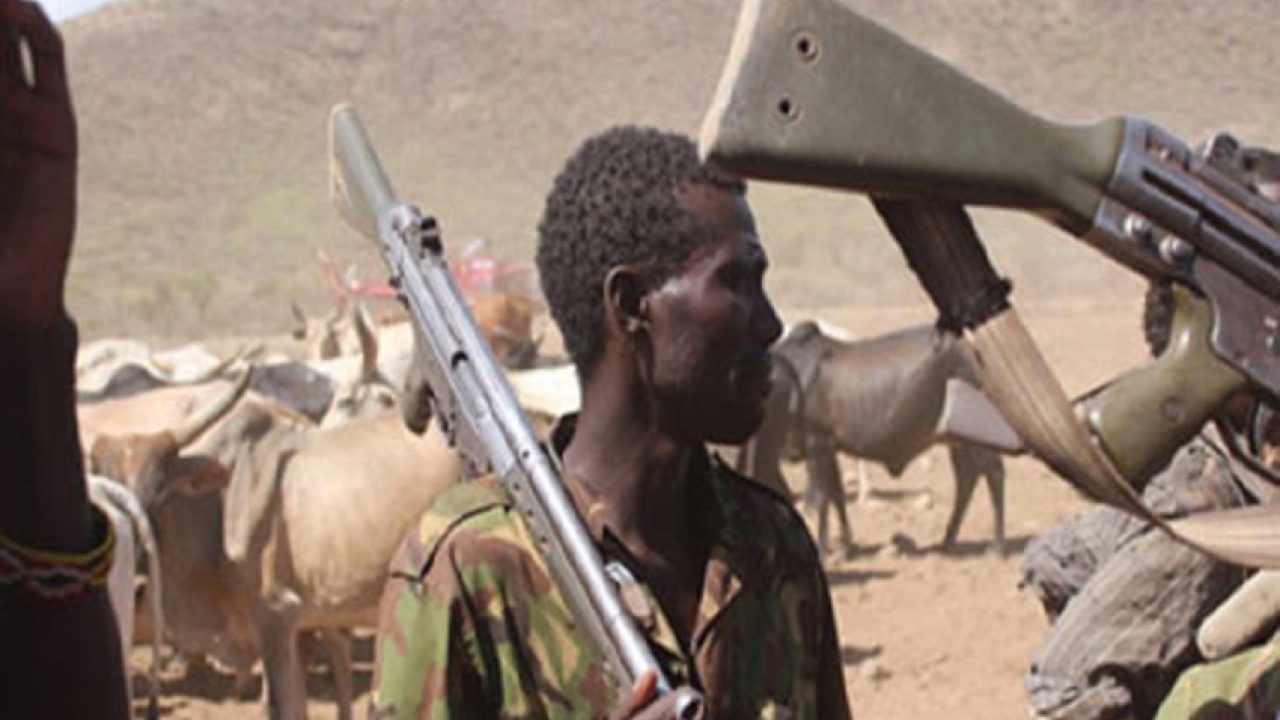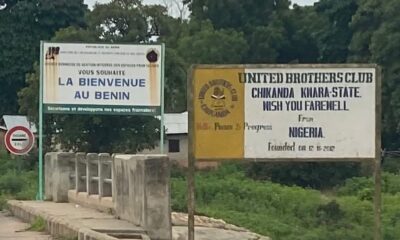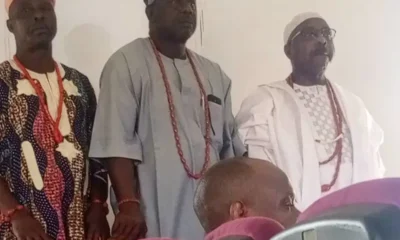Crime & Law
Killer herdsmen in Benue, Plateau not Nigerians, says DHQ

The Defence Headquarters (DHQ) has linked the recent wave of violent attacks on communities in Benue, Plateau, and other regions of Nigeria to foreign herders who have reportedly infiltrated the country through unsecured borders.
During a press briefing in Abuja on Thursday, Director of Defence Media Operations, Markus Kangye, stated that the language and physical appearance of the assailants have led security forces to confirm that many attackers are not Nigerian nationals.
“Listen to them speak, and you can tell whether they are from here or not,” Kangye explained. “For example, if I speak Hausa and someone from the South East speaks it, you’ll recognize that the way we speak differs. Hausa, like any language, has variations depending on region, and you can hear the distinction between someone from Sokoto and one from Katsina.”
He continued, “The Hausa spoken in Nigeria is different from that of Mali, the Central African Republic, or Ghana.”
Additionally, Kangye pointed out that the attackers’ physical traits further confirm they are not from Nigeria. “Their hair gives them away as well,” he noted. “When we arrest these herders and terrorists, you can tell from their hair and language that they are not Nigerians. The only people in Nigeria with similar hair may be the Shuwa Arabs in Borno, but even their hair is not the same.”
Kangye’s comments come amid rising concerns over recurring attacks by armed herders on farming communities, resulting in numerous casualties and the displacement of thousands of people, many of whom are seeking refuge in Internally Displaced Persons (IDP) camps.
Benue State Governor Hyacinth Alia had earlier claimed that foreign herders were exploiting the ECOWAS free movement protocol to cross borders and terrorize local communities.
Kangye acknowledged that while some Nigerian herders are involved in conflicts with farmers, the most violent incidents are mostly caused by foreigners. He emphasized that “most of the violence and killings being reported are carried out by those who cross our porous borders.”
He also called for enhanced cooperation between agencies to better monitor Nigeria’s borders and ensure that all individuals entering the country are properly accounted for.
In his briefing, Kangye highlighted recent successes of the military operations, including the capture of notorious gunrunner and kidnapping kingpin Buhari Umar, responsible for terrorizing communities in Gombe, Bauchi, Plateau, and Kaduna states.
He also reported the arrest of a five-man kidnapping syndicate in Lafia, Nasarawa State. The suspects, identified as Hassan Mohammed, Saleh Sani, Idi Yusuf, Adamu Danmai, and Hassan Bello, were apprehended in military operations.
Furthermore, Kangye shared that the military had neutralized numerous terrorists, including a wanted leader, Nkwachi Eze (alias Onowu), who had been orchestrating attacks and kidnappings in the South East. In April, 173 kidnapped victims were rescued, and over 204 terrorists and their families surrendered to Nigerian forces.
The military also carried out successful operations targeting oil theft, arresting 430 suspected oil thieves and other criminals. During these operations, illegal refineries worth over N1.93 billion were destroyed, and more than one million liters of stolen crude oil were recovered.
























